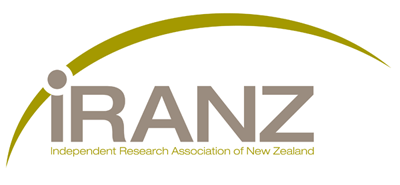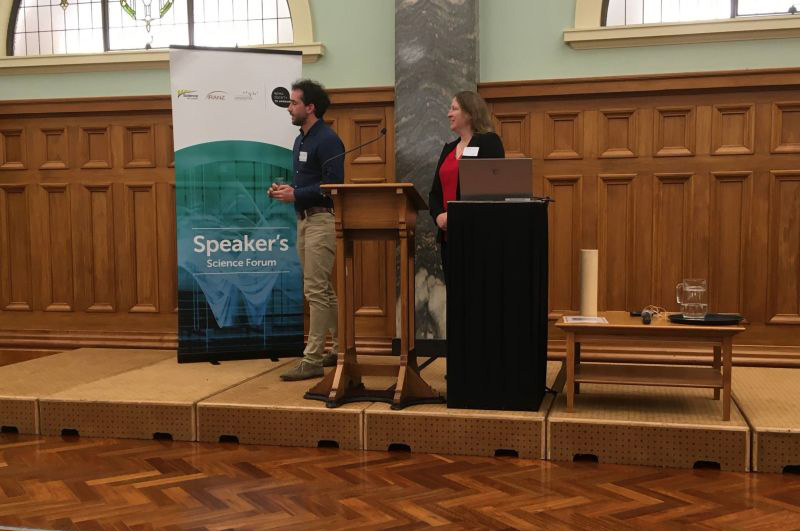Xerra: What goes up must look down
Speaker's Science Forum
The Speaker’s Science Forum event on Aotearoa New Zealand’s 'Place in Space' at the end of October was the last of this year’s series, aimed to present cutting edge and informative research to MPs and decision makers at Parliament.
The theme this month was space and MPs and invited guests shared a meal while listening to talks from two passionate scientists: Dr Sarah Kessans, University of Canterbury, spoke about launching small satellites into space for research purposes, making use of reduced gravity, while Dr Dave Kelbe, Xerra Earth Observation Institute, spoke about using satellite data to better protect our oceans and support the people who rely on them.
Dave says that data from satellite sensors can be turned into operational intelligence for the country's maritime domain awareness needs across many sectors.
“Spacecraft launches are growing at an exponential rate. The diversification of space sensors (optical, radar, radio frequency, GPS, weather) has ushered in a new era of software as a service solutions, reducing the barrier to entry for non specialist users. The challenge now is that there is too much information. Across border security, biosecurity, and fisheries monitoring control and surveillance, search and rescue, public health, and policy - the problem is always the same - seeing through the chaos and focusing on the activity and vessels that matter.”
Dave shared with the MPs how layers of satellite data and imagery could be fused to uncover nonreporting ‘dark’ vessels in support of fisheries operations.
“Earth observation satellites can provide efficient monitoring of Aotearoa’s vast maritime domain — a growing need as marine resources become increasingly contested and global shipping chains put mounting pressure on our defences against unwanted pests and disease.”
Dave was introduced to satellite imaging at the University of Otago and has spent the last decade honing his skills in anticipation of returning to New Zealand to help advance Earth observation science here. He is currently working with a world-leading team building “Starboard”, a maritime intelligence platform using satellite data to tackle complex maritime challenges.
At the talk, Dave shared how commercial shipping crews are epidemiologically assessed for Covid-19 risk based on daily incidence rates from previous ports of call. He explained how cargo vessels are triaged for hitchhiker pests based on global travel histories. He also discussed how machine learning can detect voyage anomalies that may indicate suspicious activity.
A question-and-answer session with the MPs followed, providing helpful dialogue and discussion around the issues currently being addressed in Parliament. “Whether decision makers or scientists, we all care about leaving the world in a better place,” says Dave. “The Speaker’s Science Forum was a great opportunity to come together and learn from one other in our shared goals.”
The Speaker's Science Forum was established in 2003 as an annual series initiated by the Chair of the Science and Education Select Committee and given patronage by the Speaker. Royal Society Te Apārangi, in its role as New Zealand’s national research academy, organises the series in association with Science New Zealand, Universities New Zealand, and the Independent Research Association of New Zealand, with the topics chosen in collaboration.
Read the research
Summary of Dave's presentation [PDF 23.58 kb]
More about Xerra: https://www.xerra.nz/
Date posted: 13 December 2021

